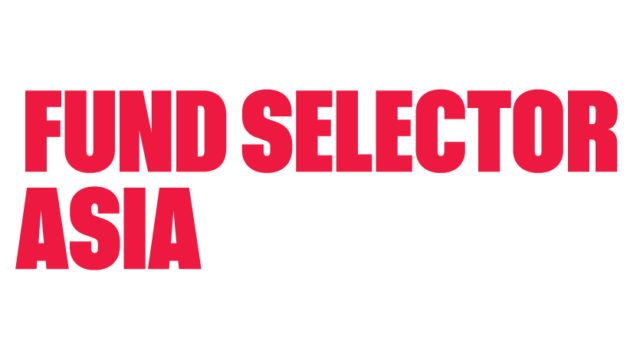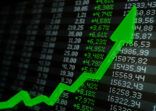“Anything you try to do now will almost certainly be wrong,” said Rossi, who is Fidelity’s global chief investment officer for equities.
“The way you enter these treacherous markets is very gradually. It takes several months for a market to stabilise and bottom out after one of these sharp corrections and you should give yourselves several months to reposition your portfolio,” he told a media briefing in London.
Monday’s selloff on in the markets was triggered by a 9% dive in China shares which was followed by a sharp drop in the US dollar and further big falls in major commodity prices. European shares shed around 5%, while the UK’s FTSE 100 index slumped to its lowest level in almost three years.
“The genesis of this recent sell-off has been the threat of the Fed raising rates next month, but China’s confrontational move two weeks ago (to devalue its currency) and the subsequent knock-on through emerging markets have accelerated us towards something more serious,” said Jim Reid, Deutsche Bank’s head of global fundamental credit strategy.
Global impact
Fidelity’s Rossi said, while the current crisis was centered in the emerging world, it was likely to have a big impact on developed markets causing a third wave of deflation and a drop in world trade.
“In the short term, markets are going to continue to be painful until we get some insight into how the central banks are going to respond to this,” he said.
“The US Fed really needs to send a clear signal to markets that it is going to step back once more. Developed stock markets will recover relatively quickly after this selloff once we know where the Fed is.”
For investors looking to enter the equity markets after the latest selloff, Rossi suggested three important rules. First, avoid leverage. Second focus on companies with excess cash flows who can distribute them. And third, invest in innovation, particularly innovation in technology, healthcare and media.
Tech stocks favoured
“At the moment, with markets falling, correlations are rising and as we know as investors they always rise to one as everything gets chucked out. But the leadership of this market when we recover will be US equities and the innovation continuing in healthcare and technology.
Dean Tenerelli, manager of T. Rowe Price’s European Equity and Continental European Equity funds argued that the current crisis was unlikely to derail the recovery in Europe.
“We believe the earnings recovery in Europe is well underpinned. The recent Europe earnings season was the best we have had for five years and the European portion of earnings within European companies is highly encouraging,” he said.
Longer term view
Nigel Green chief executive of the deVere Group, one of the world’s largest independent financial advisors, said he expected the current volatility was likely to remain with us, at least until the end of the year.
“For most long term investors, fears of a near-term financial apocalypse are overdone. They should concentrate instead on investing for the longer-term and ensuring that their portfolios are well diversified –geographically and by different asset classes.
“This of course includes maintaining a healthy exposure towards equities, which financial history shows easily outperform bonds and cash over the type of long investment periods that are typical of our clients.”

















